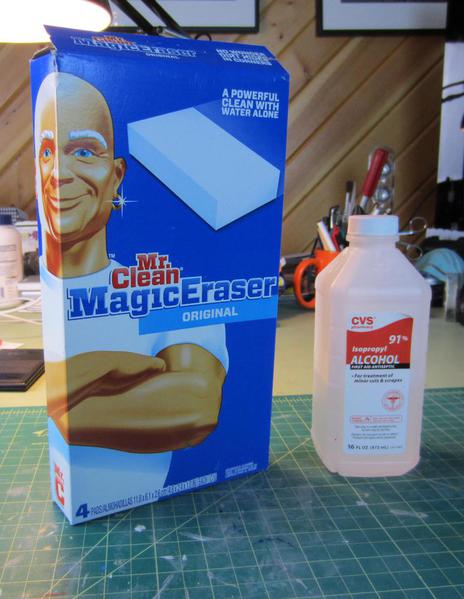Originally Posted by Ed Kelly:
From Wikipedia:
Acetone is produced and disposed of in the human body through normal metabolic processes. It is normally present in blood and urine. People withdiabetes produce it in larger amounts. Reproductive toxicity tests show that it has low potential to cause reproductive problems.
From mwb:
Acetone is produced and disposed of in the human body through normal metabolic processes and is normally present in your blood and urine.
People with diabetes produce it in larger amounts and the smell of it on their breath is diagnostic of ketosis.
Reproductive toxicity tests show that it has low potential to cause reproductive problems.
mwb,
You should provide references to the original work. Otherwise, it is called plagiarism.
Ed
Actually, I pulled it out of some of my literature from NIDDK, the National Institute of Diabetes and Digestive and Kidney Diseases, whose building is about 100 yards from mine, and from my grad school notes from 30 years ago. Funny thing, human physiology has not changed all that much on 30 years and for some folks, what I wrote is common rote knowledge. We just spout out what we were taught, more likely pounded into us.
For example: http://biology-forums.com/defi...ns/index.php/Acetone
Or if you're suffering from insomnia, here's a little light reading so that you can further your education a bit: http://www.ncbi.nlm.nih.gov/pmc/articles/PMC3118590/
You might also try to learn that information on Wikipedia is copied right onto there from primary sources and literature references such as the ones that I write and publish in the scientific literature such as:
http://en.wikipedia.org/wiki/Radioimmunotherapy
Fortunately for all, there is no copyright to my publications.
Except for one of my earliest ones back in 85(?) on a double Aldol condensation reaction using.................acetone. Fancy that....






